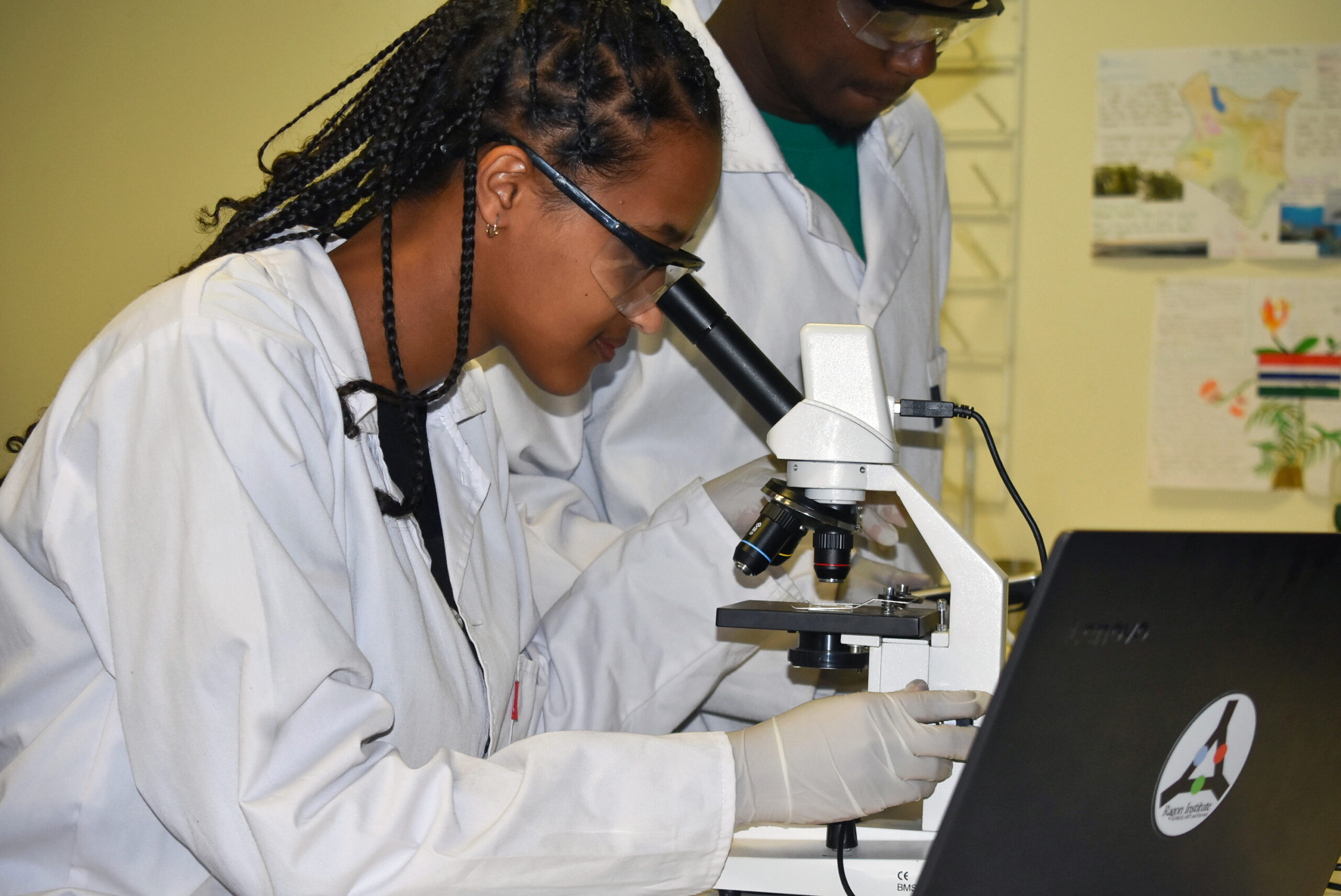Great scientists aren’t born; they’re made through years of education, mentorship, networking, and practical experience. This is the core principle behind Future African Scientist (FAS), a non-profit organization dedicated to unlocking the scientific potential of Africa by empowering students and early-career researchers with the resources necessary for impactful research that addresses local and global challenges.
FAS collaborates with top-tier scientists and institutions worldwide, including MIT, to provide educational programs, training, networking opportunities, and resources tailored to scientific research and entrepreneurship. One of the standout features of FAS is its extensive alumni network, which connects graduates with job prospects, internships, and ongoing learning opportunities.
“Our aim is to democratize science education and foster a new generation of scientists focused on African issues. We want them to not only publish papers but also to convert their research into practical products and effective policies,” explains Martin Lubowa, co-founder of FAS.
At the heart of FAS lies the belief in the transformative power of connections to deepen scientific understanding. It’s fitting that the organization’s inception stemmed from a meaningful relationship formed during an MIT program.
From Roommates to Co-Founders
In 2020, Daniel Zhang, an MIT student, enrolled in Professor Bruce Walker’s course, HST. 434 (Evolution of an Epidemic), as part of a MISTI Global Classroom initiative during MIT’s Independent Activities Period (IAP). This immersive course involved engagement with South African communities, gaining insights into the AIDS epidemic from medical professionals, researchers, policymakers, and affected individuals.
That semester marked the first collaboration between MIT students and those from the African Leadership Academy, which focuses on fostering leadership skills among African youth. Zhang’s roommate during this experience was Martin Lubowa.
“Despite our different backgrounds, Martin and I connected immediately. We shared interests in education, mentorship, and sports,” Zhang reminisces.
Though they rose early for class, their late-night discussions often revolved around the disparities in STEM opportunities between the U.S. and African nations. They highlighted the critical need for mentorship and decided to create Future African Scientist to address this issue.
With support and feedback from Walker, the duo stayed in touch after the course, honing their mission to equip high school and university students in Africa with essential mentorship and analytical skills to drive independent research.
In January 2022, they launched their first virtual bootcamp catering to students across Africa, featuring courses, expert talks, mentorship sessions, and a capstone project to put their learning into practice.
“Our focus wasn’t just on imparting research skills but also on entrepreneurship and interpersonal skills, aimed at cultivating scientific entrepreneurs,” adds Lubowa.
Following positive feedback and a better understanding of students’ needs, FAS expanded its structure.
Today, the foundational research skills bootcamp is the first step in FAS’s comprehensive four-part Africa Science Research Academy. The second phase includes data-driven lab research experience, followed by a session that covers entrepreneurship, leadership, financial literacy, and grant management. The final phase, the Africa Science Opportunity Network, is available to FAS graduates for life, offering connections to internships, job openings, and collaborative research projects.
“What sets us apart from other research training programs in Africa is our openness to all curious minds,” Lubowa states. “Many programs cater exclusively to practicing MDs or PhDs, overlooking the vast pool of inquisitive individuals without the proper platform to explore their passion.”
So far, over 100 students and young professionals have benefited from FAS’s programs, representing more than 30 universities across 15 countries. FAS has partnered with 10 medical student associations, which has allowed it to create a network spanning over 100,000 students in Africa. They are also engaging with organizations like the African Microscope Initiative for specialized training in bioimaging and discussions with state governments to develop alternative skill-enhancement programs for future scientists.
“We envision Africa as not just a recipient of global scientific knowledge but as an active contributor,” Lubowa asserts. “We can assist Western nations in solving their problems. The key now is ensuring individuals gain necessary skills and fostering a mindset that empowers them to achieve remarkable things, ultimately generating knowledge and establishing enterprises that tackle challenges in Africa and beyond.”
Addressing the Needs of the Continent
In 2022, a pair of students from the Association of Mbarara University Pharmaceutical Sciences in Uganda learned about entrepreneurship fundamentals through FAS programs and are now in the process of commercializing locally-sourced mosquito repellents. Additionally, a Cameroonian FAS alumnus placed third in a national science competition, competing against PhDs, with his research focused on early detection methods for pancreatic cancer.
Looking ahead, FAS envisions the establishment of its own laboratories to enhance access to scientific equipment, having already communicated with companies that provide second-hand medical and lab tools to improve infrastructure at African institutions.
Through its efforts, FAS aims to empower Africans to become a credible force in the global scientific community.
“With 1.2 billion people in Africa and only 198 scientists per million individuals, compared to over 4,000 scientists per million in the U.S., we must radically rethink our scientific training systems. The solution lies in strengthening support systems. I believe we can fundamentally transform the scientific landscape in Africa,” concludes Lubowa.
Photo credit & article inspired by: Massachusetts Institute of Technology



